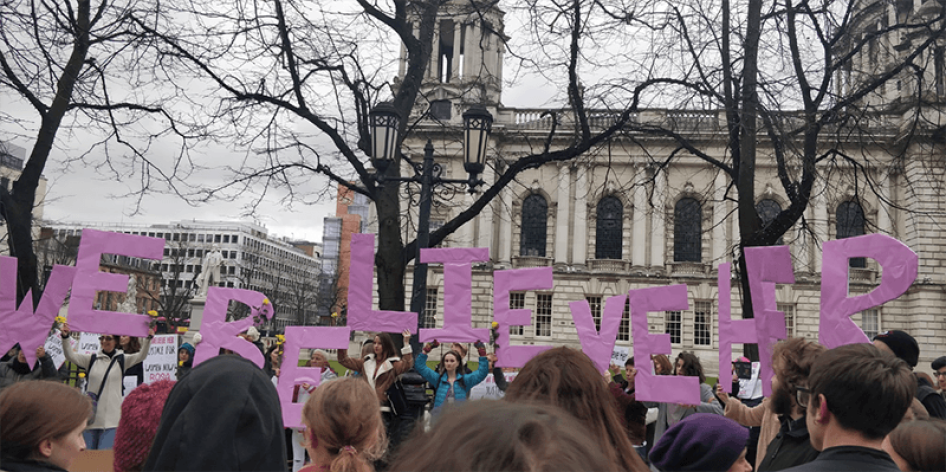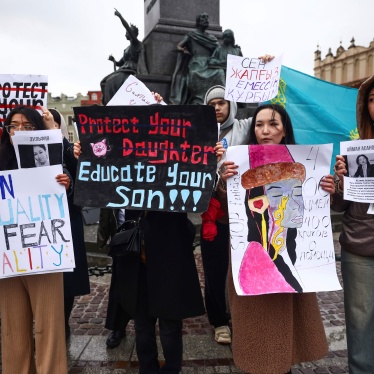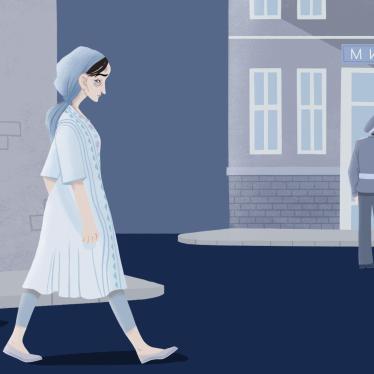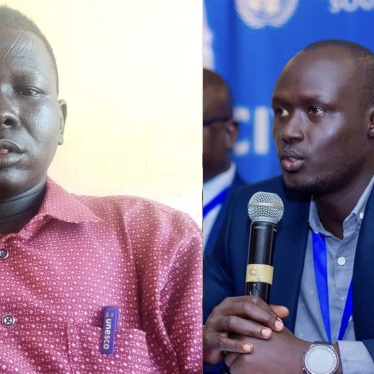New Home Office data has revealed that a mere 1.5 percent of rapes reported to police in England and Wales led to a charge or summons between April 2018 and March 2019, down from nearly 14 percent three years earlier. And an analysis released July 31 of rapes reported in London in April 2016 found that 6 percent made it to trial and only 3 percent resulted in conviction. This is despite a dramatic increase in the number of rape allegations reported to police during the same period.
The Home Office links the low likelihood that authorities will pursue legal action for sexual violence to the “greater complexity” of these investigations. But the data shows that many rape cases do not reach court because of “evidential difficulties,” including victims declining further action. It’s not hard to understand why, given what lies ahead if victims pursue justice.
Victims’ personal lives are subject to extreme, often humiliating, scrutiny. In England and Wales, this often includes unnecessarily invasive procedures that deter victims from pursuing justice. In a report released July 23, the civil liberties organization Big Brother Watch found that “the Crown Prosecution Service pressures police to collect masses of digital information on victims, regardless of its relevance to the investigation.” Such indiscriminate data collection – extracted from devices including mobile phones, smart watches, tablets, and laptops -- sweeps up highly personal and sensitive information such as text messages and photos, even potentially ones the user has deleted.
Big Brother Watch found that such “digital strip searches” are used almost exclusively on sexual violence victims—a modern version of putting rape victims on trial by seeking to use personal or sexual history to suggest her allegations are false or that she must have been “asking for it.”
The Crown Prosecution Service (CPS) has said it conducts digital searches only for “a reasonable line of inquiry” and with victims’ consent. But victims report that refusal to hand over their phones to police has led to their cases being dropped, and police and victims’ advocates have raised concerns about the consent forms and digital searches. In response to recent reports, Justice Secretary Robert Buckland said police should approach any digital data search “with caution,” and acknowledged that rape victims “having their innocent private lives trawled over by complete strangers” may deter survivors from coming forward.
In addition to invading victims’ privacy, the massive volume of data investigators must sift through after digital strip searches can also lead to extensive delays in processing sexual assault cases. In 2018, sexual violence victims waited an average of 77 days for a decision on whether to charge or drop a case after it was first recorded -- far longer than for any other type of crime. In cases in which a suspect received a charge or summons, it took an average of 195 days from the day the crime was first recorded, an increase of 45 days from the previous year.
Victims also describe authorities declining to prosecute rape despite forensic and other physical evidence. In June, a coalition of women’s rights groups, represented by the Women’s Centre for Justice, launched legal action against the Crown Prosecution Service for failure to prosecute rape, They allege that a “covert” policy change means CPS decision-makers are failing to build cases that merit being heard in court and instead dropping them.
The recently-released Home Office data also reveals that legal action is less likely to be taken for allegations of sexual violence than for any other category of crime in England and Wales.
Sexual violence is already underreported. Survivors and women’s rights groups have spent decades fighting to overcome courtroom and media suppositions about victims’ clothing and intimate relationships, and to combat misperceptions that complainants simply regret sexual encounters or are disgruntled and out for revenge. Now such myths are resurfacing – and even being revitalized -- for the digital age, and the likelihood of prosecutions for sexual violence only appears to be fading.
To improve the dismal track record on rape prosecutions and convictions, the government should take action to ensure police and prosecutors don’t dissuade victims from reporting the crime or pursuing justice.
The CPS should allocate sufficient resources to increase the likelihood that charges are brought and cases taken to trial. Police should be given training and tools to collect and analyse digital evidence in targeted, streamlined ways that respect the right to privacy. They should only retrieve and examine information that’s directly relevant to a case.
Both police and the CPS should ensure they have victims’ true informed consent prior to digital and other searches. Restrictions on the introduction of information—including digital information—in court about rape victims’ history or personal character should be upheld. And victims should be afforded legal aid to ensure their rights are respected and help them make informed decisions about their cases.
The government should encourage survivors of sexual violence to seek justice, not demand they compromise their dignity or privacy to do so.








